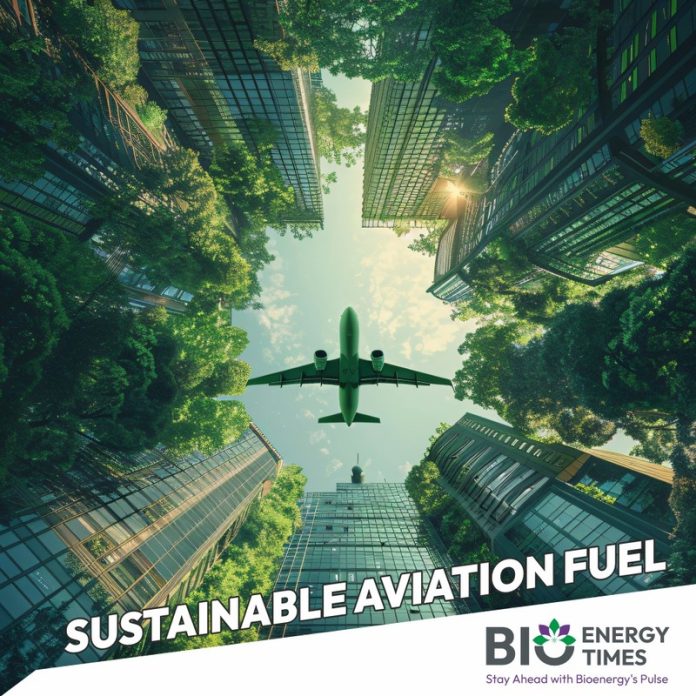Biesse Malaysia, part of the Italian-owned Biesse Group, has partnered with DHL Express to use the GoGreen Plus service, leveraging sustainable aviation fuel (SAF) to reduce the carbon footprint of its air freight between Europe and Southeast Asia. The initiative is expected to cut carbon emissions by 30 percent, translating to an estimated annual saving of around 15 tonnes of Well-to-Wheel (WTW) CO2e, based on projected emissions of 50 tonnes in 2024 for Biesse Malaysia, according to the press release.
“Biesse is addressing the climate reality head-on by adopting solutions where they can make the greatest impact,” said Alessio Cadeddu, Chief Financial Officer of Biesse Asia. “With supply chains crossing borders, decarbonizing air transport is urgent. SAF is a practical and immediate step in this energy transition. By collaborating with DHL Express, we can help expand its commercial adoption and improve carbon outcomes across industries.”
Julian Neo, Managing Director of DHL Express Malaysia and Brunei, added, “SAF is one of the most promising ways to reduce emissions in air transport, but its progress relies on collaboration across the industry. We are pleased to welcome Biesse to our GoGreen Plus program. Their participation helps increase demand, production, and uptake of SAF, reflecting our commitment to making sustainable air logistics more accessible and affordable.”
Launched in 2023, GoGreen Plus focuses on true value chain decarbonization through a ‘book & claim’ system. This approach allows DHL to implement sustainable aviation fuel across its network while allocating the environmental benefits to participating customers, even if their shipments are not physically transported using SAF.
Sustainable aviation fuel is made from renewable feedstocks, such as used cooking oil and other residues, and can reduce greenhouse gas emissions by around 80 percent over its lifecycle compared with conventional jet fuel.
GoGreen Plus is part of DHL Group’s broader strategy to achieve net-zero greenhouse gas emissions by 2050. Given that roughly 70 percent of DHL’s carbon footprint comes from its air network, sustainable aviation solutions are central to lowering emissions in logistics.















